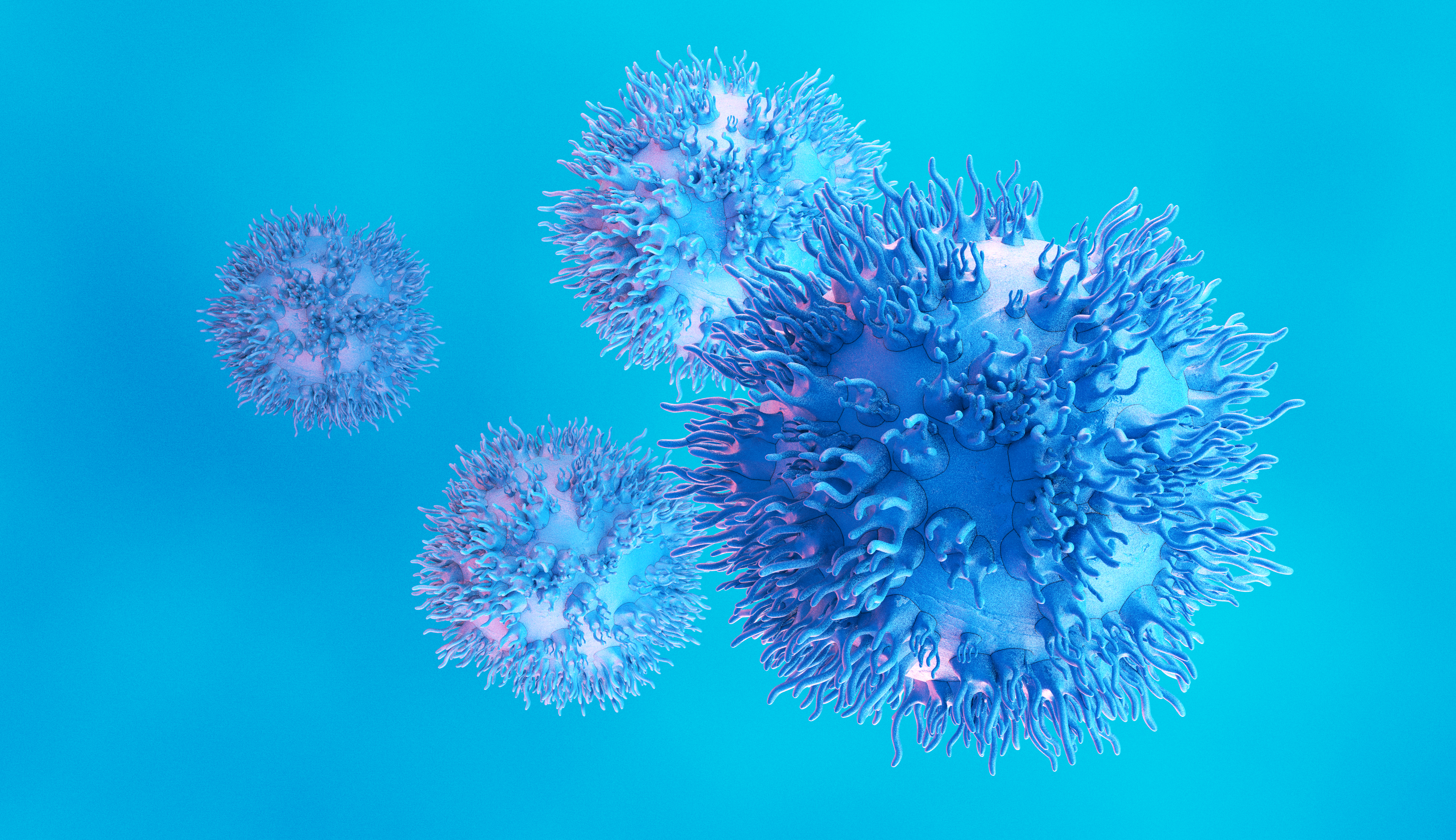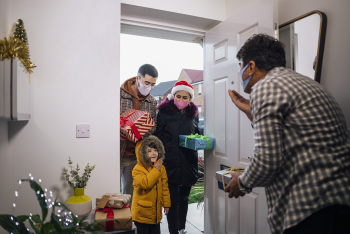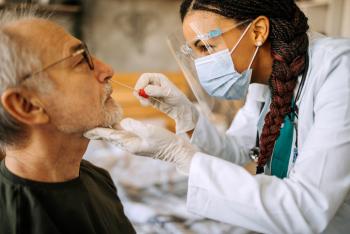A Very COVID Christmas: How to Celebrate Safely
Read More

Since the middle of March, the spread of the novel coronavirus—COVID-19—has changed everyone’s lives. Spreading just as fast as the virus are various myths about its causes, effects and possible treatments. The need to contain and correct the spread of misinformation is important in a lot of different situations, but it’s critically important in a public health crisis when lives are directly at stake.
“During a pandemic, people are receiving information from different sources all at once,” said Evelyn Balogun, M.D., medical director of Inspira Urgent Care, Employee Health and Occupational Health. “Whether it’s from government agencies, news outlets or family members, it can be hard to determine what information is true, and what to disregard.”
Here are four myths and truths about COVID-19.
MYTH: COVID-19 Is Spread By 5G Cell Towers
One of the more popular myths circulating on social media is that the coronavirus can—and is—being spread across the country via mobile networks that have recently installed 5G towers. This myth implies that COVID-19 can be spread by radio waves and mobile networks.
“COVID-19 is spread through respiratory droplets that are emitted when someone who has the virus coughs, sneezes or speaks,” said Dr. Balogun. “If someone comes into contact with these droplets, they are at risk of becoming infected. Fortunately, droplets can’t be transmitted through 5G.”
MYTH: Extreme Climates Kill the Coronavirus
The coronavirus is still very new to scientists and researchers, and there is still a lot that remains unknown. However, what has been observed so far is that the virus has spread to places across the globe with varying climates.
“So far, we haven’t seen any one type of climate stop or kill the coronavirus,” said Dr. Balogun. “The virus has planted its roots in wet, hot, cold and dry climates. It’s been indiscriminate as to where it will infect populations in terms of climate or geography.”
MYTH: Mosquitos Carry COVID-19
Around the world, mosquitoes carry diseases, most notably malaria and the Zika virus. While these diseases can be deadly and should be taken seriously, both are a very low threat to most Americans. Because of how the coronavirus is spread—through respiratory droplets—there is no current concern that mosquitoes will be able to transmit it.
MYTH: If I Don’t Have A Fever, Then I’m Not Infected
One of the first and most notable symptoms of a COVID-19 infection can be a fever. For this reason, there has been a push to check people’s temperatures more frequently, with schools and workplaces requiring a temperature to be taken before entering the premises. However, you could be infected even if you don’t have a fever.
“Temperature monitoring, when done correctly, is an effective way to help stop the spread of the coronavirus. But because of the varying times between being infected and presenting symptoms, we can’t rely on a fever alone to let us know if someone is sick,” said Dr. Balogun.
This list of symptoms associated with COVID-19 continues to change and grow as more is learned about the disease. For the most up-to-date list of symptoms visit the CDC website.
If you begin to experience any symptoms associated with COVID-19, the best thing you can do for both you and your family is to call your primary care doctor as soon as possible. In person and on-line visits are available with Inspira primary care doctors and at Inspira Urgent Care locations. If you have trouble breathing and feel your symptoms are life threatening call 911. You can schedule an Urgent Care visit online.

A Very COVID Christmas: How to Celebrate Safely
Read More
After more than two years of masks, social distancing and travel restrictions, this winter is likely...
Read More
Coughing is one of the most common symptoms of COVID-19, and for some people, a lingering cough can...
Read More
The material set forth in this site in no way seeks to diagnose or treat illness or to serve as a substitute for professional medical care. Please speak with your health care provider if you have a health concern or if you are considering adopting any exercise program or dietary guidelines. For permission to reprint any portion of this website or to be removed from a notification list, please contact us at (856) 537-6772